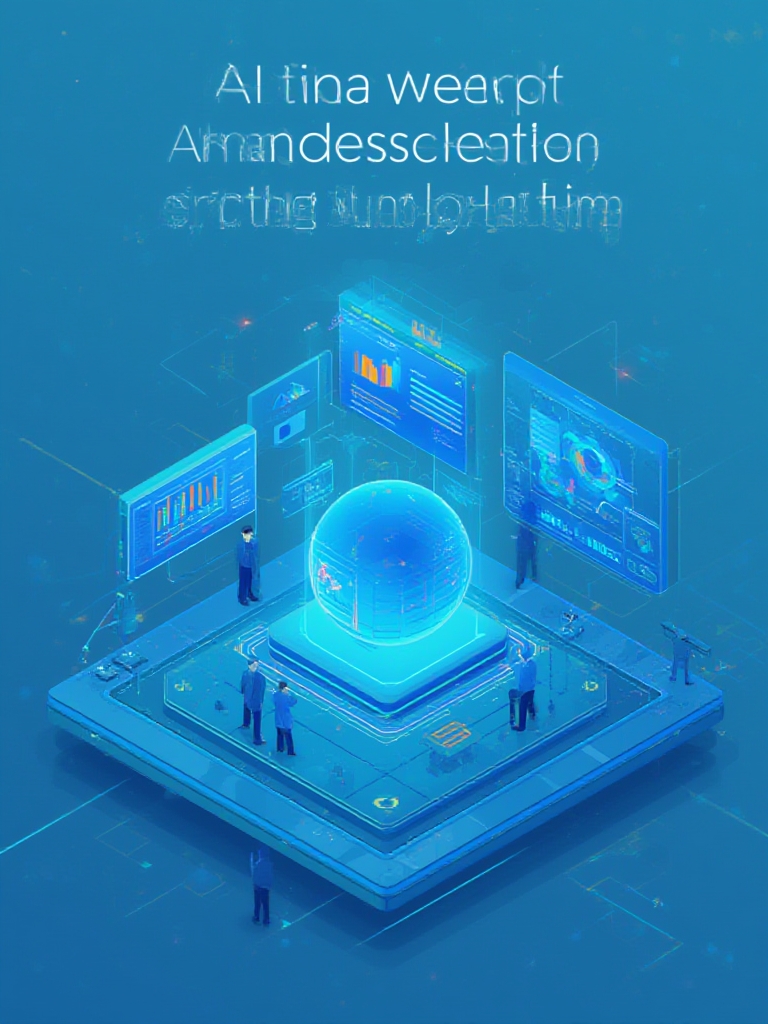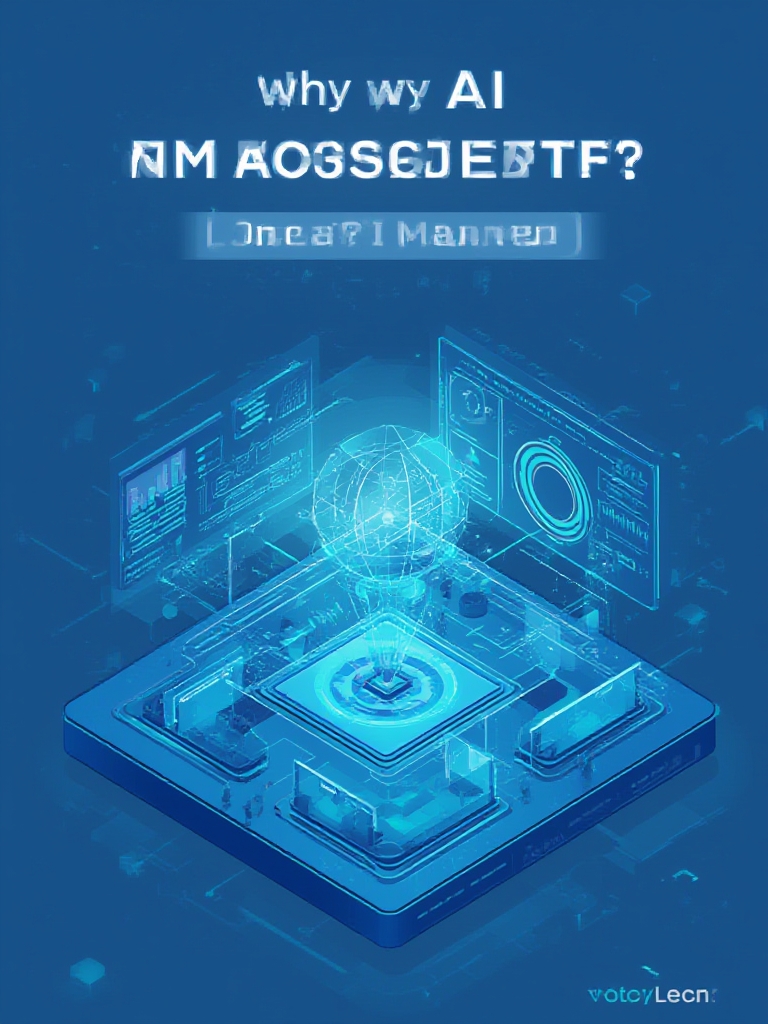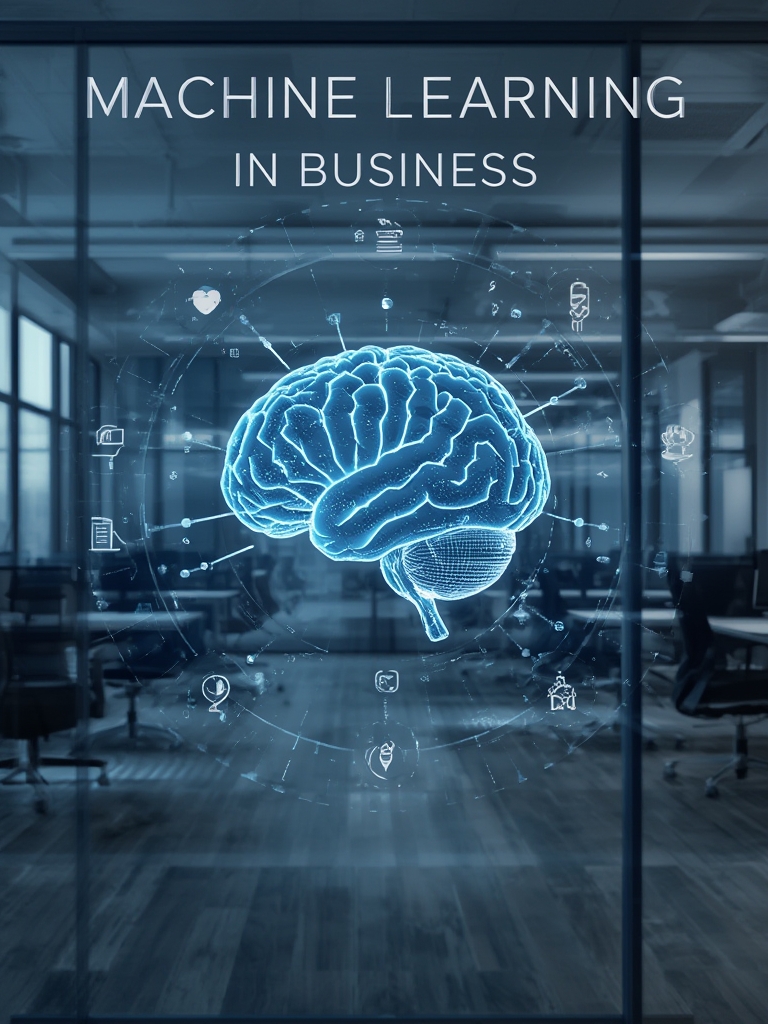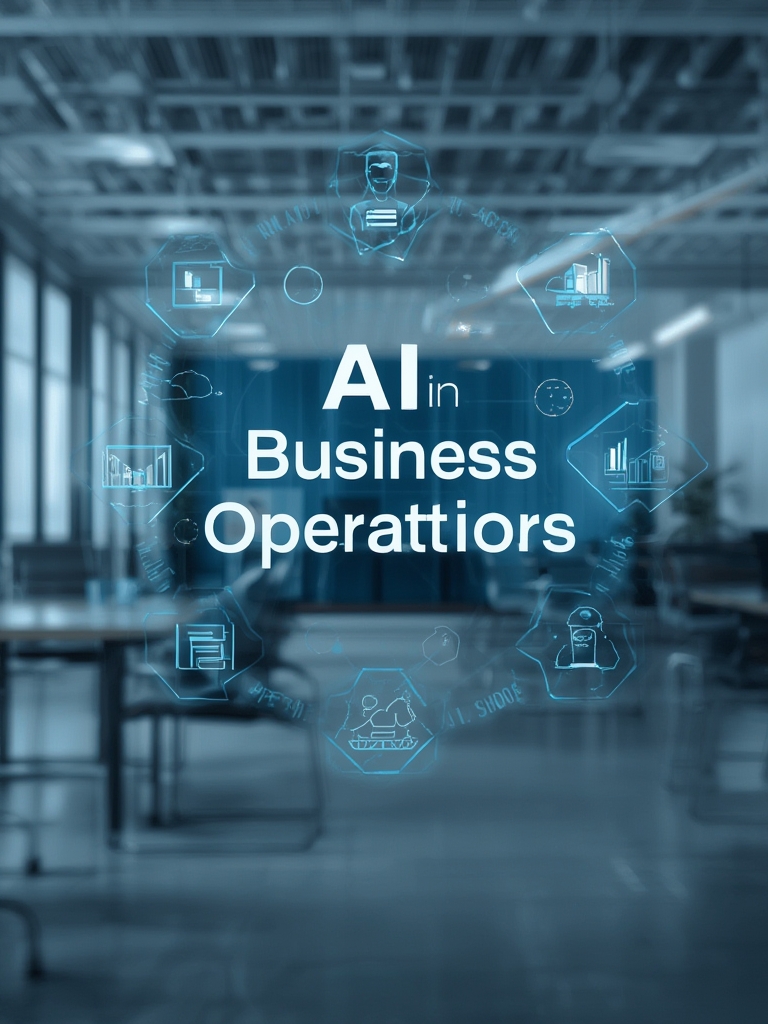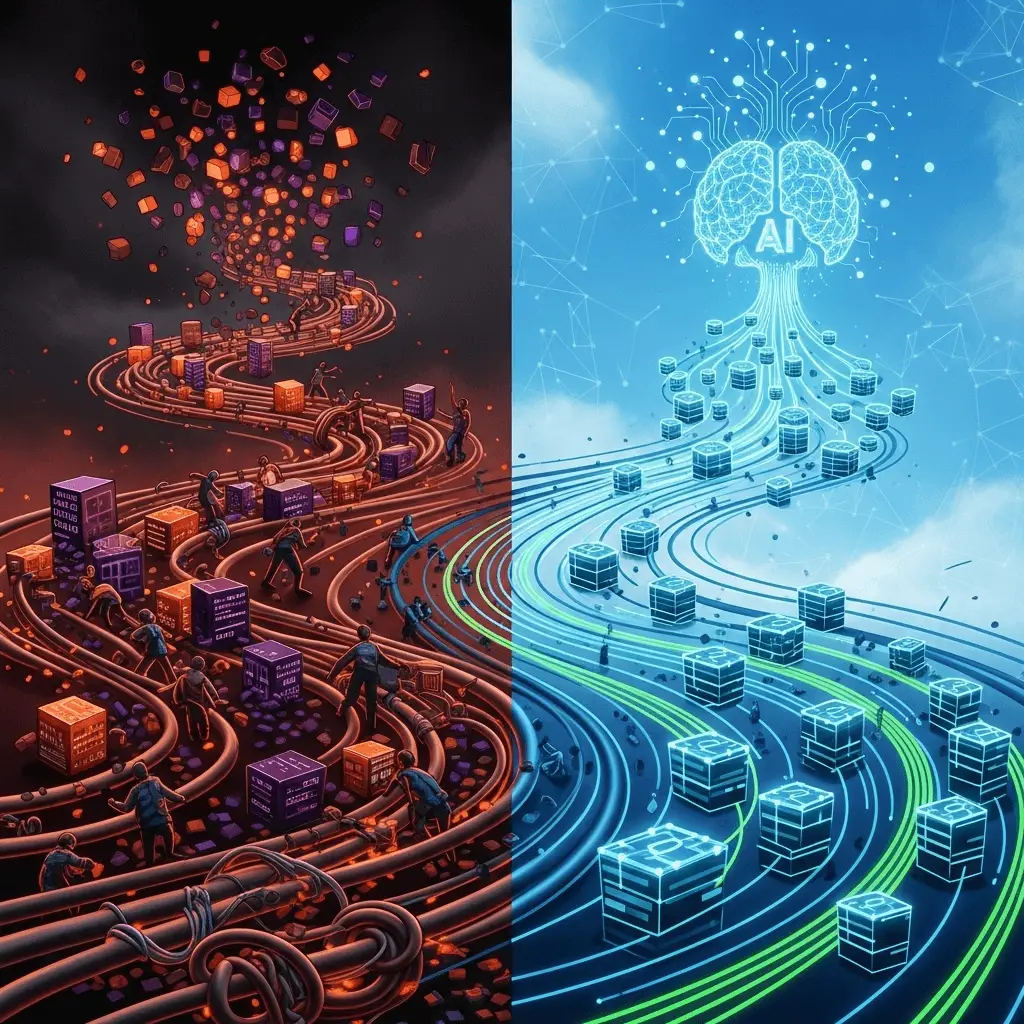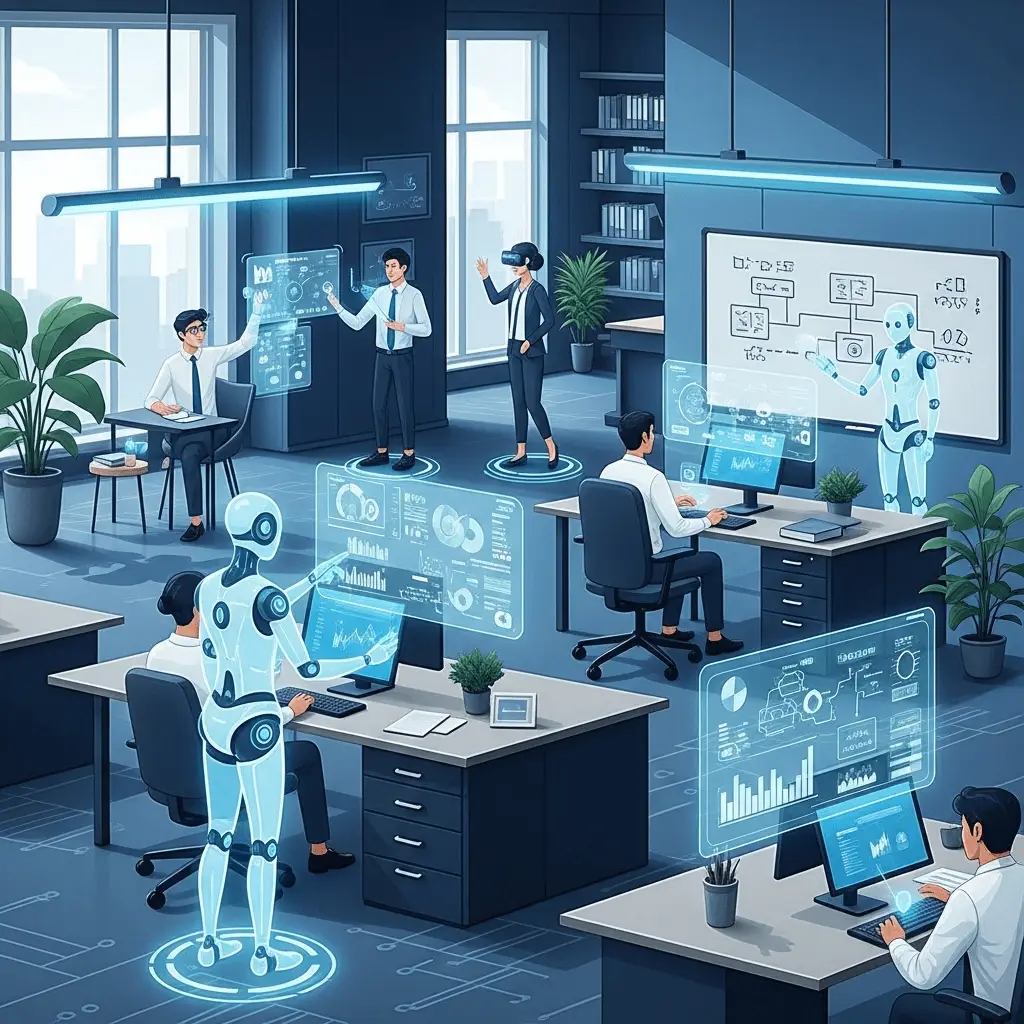AI in customer service: 5 ways to boost satisfaction

Introduction
The business landscape is undergoing a fundamental shift as Artificial Intelligence technologies redefine what’s possible in enterprise environments. Organizations face unprecedented competitive pressure to accelerate digital transformation initiatives, with AI serving as the cornerstone of modern business strategy. The strategic implementation of AI in customer service and other critical business functions has become a differentiator between market leaders and followers. As enterprise AI adoption accelerates, organizations must develop comprehensive frameworks that balance innovation with governance, ensuring sustainable transformation rather than isolated technological experiments.
Core AI Tools & Infrastructure
Enterprise AI deployment requires a robust ecosystem of integrated technologies:
– Enterprise AI Platforms: Unified systems that enable model development, deployment, and management across organizational boundaries
– Advanced Analytics Infrastructure: Solutions for processing structured and unstructured data at scale with real-time capabilities
– Cloud-Native AI Architecture: Flexible, scalable environments that support diverse computational requirements
– Governance Frameworks: Systems ensuring ethical AI use, regulatory compliance, and algorithmic transparency
– Workflow Automation Tools: Technologies connecting AI systems with existing business processes
– Data Architecture: Modernized data pipelines, lakes, and warehouses supporting AI/ML workloads
The most successful implementations integrate these components within existing enterprise architecture rather than treating them as separate technical silos.
Implementation Timeline & Enterprise Adoption Curve

Enterprise AI adoption follows a predictable maturity curve that organizations should anticipate:
Months 1-6: Discovery and pilot phase focused on high-impact, low-complexity use cases
Months 7-12: Initial production deployments with measurable business outcomes
Months 13-24: Scale successful models across business units with standardized practices
Years 3-5: Full enterprise integration with AI-native processes and continuous innovation
Organizations must balance short-term wins that demonstrate value with long-term transformation that reimagines core business operations. This dual approach maintains stakeholder support while building sustainable competitive advantage.
Step-by-Step Enterprise AI Implementation Framework

1. AI Readiness Assessment: Evaluate data infrastructure, technical capabilities, organizational culture, and governance maturity
2. Strategic Use Case Prioritization: Identify opportunities with optimal balance of implementation complexity and business impact
3. Data Foundation Development: Establish unified data architecture supporting AI workloads
4. Governance & Compliance Alignment: Define ethical frameworks, risk management protocols, and regulatory safeguards
5. Phased Technology Deployment: Implement AI chatbots for business and other solutions through controlled releases
6. Measurement & Iteration Framework: Establish clear KPIs for evaluating AI in customer service and other implementations
7. Organizational Change Management: Develop training, communication, and adoption strategies
8. Scaling Successful Models: Expand proven applications across business units
Successful enterprises approach this framework as a continuous cycle rather than a linear process, constantly refining their approach based on measurable outcomes.
Strategic Benefits for Enterprise Organizations
Well-executed AI initiatives deliver multidimensional value:
– Operational Intelligence: Enhanced decision-making through predictive and prescriptive insights
– Process Automation: Reduced costs and improved accuracy in repetitive workflows
– Customer Experience Personalization: Tailored interactions driving loyalty and lifetime value
– Product Innovation Acceleration: Data-driven development cycles with rapid feedback loops
– Risk Mitigation: Advanced detection of compliance issues, security threats, and operational anomalies
– Workforce Augmentation: Empowering employees with AI-enhanced capabilities
These benefits compound over time as organizations develop deeper AI capabilities and integrate intelligent systems across their operations.
Advanced GEO & Semantic Optimization for AI Content
Modern AI-driven search systems require sophisticated content optimization approaches:
– Entity-Relationship Mapping: Structuring content around core AI concepts and their interconnections
– Intent-Based Architecture: Aligning content with specific enterprise AI information needs
– Semantic Depth Layering: Building comprehensive coverage across related AI topics
– Knowledge Graph Alignment: Optimizing for sophisticated entity recognition systems
– Expertise Signaling: Demonstrating authoritative understanding through technical precision
These strategies ensure enterprise AI content resonates with both human decision-makers and algorithmic evaluation systems.
Enterprise AI Mistakes to Avoid
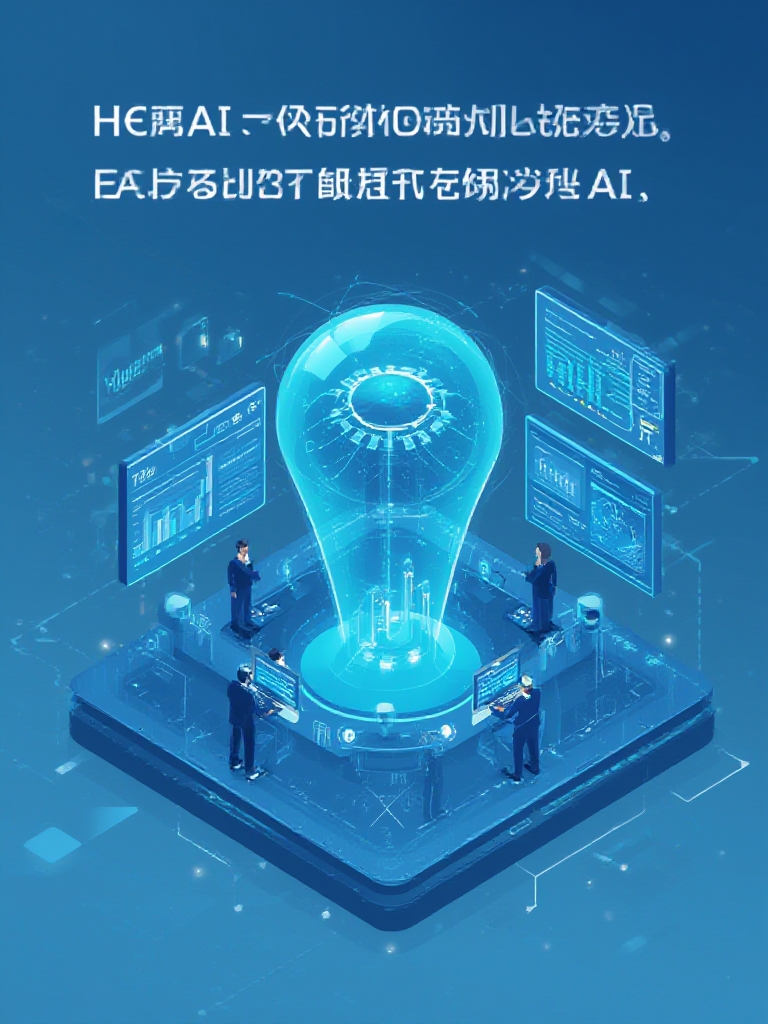
Common pitfalls undermining enterprise AI initiatives include:
– Technology-First Approach: Implementing AI solutions without clear business objectives
– Data Quality Negligence: Building models on incomplete or biased datasets
– Governance Afterthoughts: Adding compliance considerations after deployment
– Siloed Implementations: Developing AI capabilities without cross-functional integration
– Inadequate Measurement: Failing to establish clear performance metrics
– Change Management Deficiency: Neglecting the human factors in AI adoption
Organizations must proactively address these challenges through comprehensive strategic planning.
Performance Measurement & AI ROI Tracking
Effective AI governance requires robust measurement frameworks:
– Implementation Velocity: Time-to-deployment for AI solutions
– Automation Efficiency: Cost reduction and throughput improvements
– Prediction Accuracy: Performance of predictive models against baselines
– Business Impact Metrics: Revenue enhancement, cost reduction, risk mitigation
– Adoption Indicators: User engagement and satisfaction with AI tools
– Innovation Metrics: New capabilities enabled through AI implementation
These measurements should connect directly to overall business outcomes rather than focusing exclusively on technical performance.
Conclusion
The transformative potential of enterprise AI requires disciplined execution through structured frameworks rather than disconnected technological experimentation. Organizations must approach AI in customer service and other applications as components of a comprehensive digital transformation strategy. By prioritizing governance, measurement, and organizational alignment alongside technical implementation, enterprises can realize sustainable competitive advantage through AI chatbots for business and other intelligent technologies. The most successful organizations will be those that develop a culture of continuous AI innovation balanced with responsible governance.
FAQs
What is a realistic timeframe for enterprise-wide AI transformation?
Comprehensive transformation typically requires 3-5 years, though organizations should target meaningful business impact from specific use cases within 9-12 months to maintain momentum.
How should enterprises balance AI innovation with regulatory compliance?
Leading organizations establish cross-functional governance teams that collaborate from initial AI concept through deployment, ensuring compliance requirements are integrated throughout the development lifecycle.
What metrics best demonstrate AI ROI to executive stakeholders?
The most compelling metrics directly connect AI implementations to core business outcomes: revenue growth, cost reduction, customer retention, operational efficiency, and competitive differentiation.
How can enterprises integrate AI systems with legacy technologies?
Successful integration typically involves API-based architectures, middleware solutions, and phased migration strategies that allow AI capabilities to augment existing systems before eventual replacement.
What organizational structures best support enterprise AI at scale?
High-performing organizations typically establish Centers of Excellence that centralize AI expertise while embedding AI practitioners within business units to ensure alignment with operational needs.




